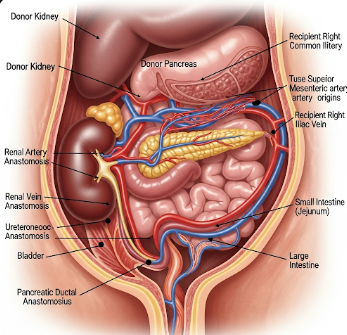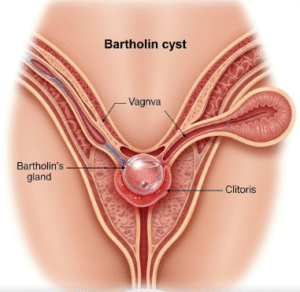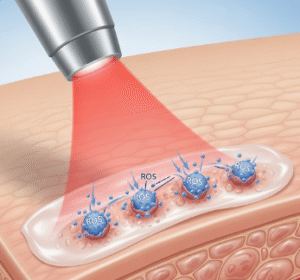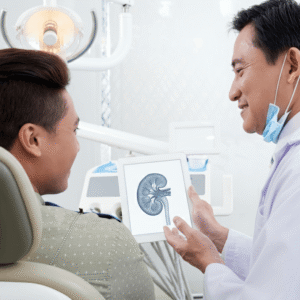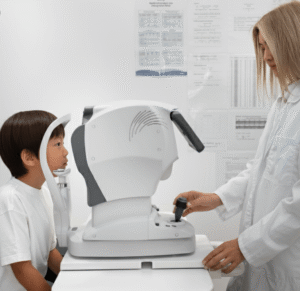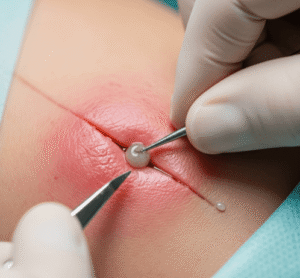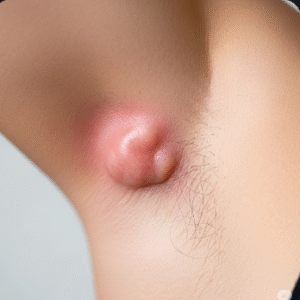Overview
Kidney and pancreas transplant is a surgical procedure for patients with end-stage kidney disease and type 1 diabetes or severe pancreatic dysfunction. It involves simultaneous transplantation of a healthy kidney and pancreas from a donor, restoring renal function and insulin production.
South Korea is recognized for highly specialized transplant centers, advanced immunosuppressive therapy, and expert surgical teams, making it a preferred destination for patients seeking safe, life-changing organ transplantation with long-term success.
What is Kidney and Pancreas Transplant?
A combined transplant procedure includes:
- Kidney transplantation → Replacement of the patient’s non-functioning kidney with a healthy donor kidney
- Pancreas transplantation → Replacement of the pancreas to restore insulin production and normalize blood glucose levels
Indications:
- End-stage renal disease (ESRD) due to diabetes
- Type 1 diabetes with kidney failure
- Severe complications of diabetes (neuropathy, retinopathy, nephropathy)
- Poor glycemic control despite insulin therapy
Goal:
- Restore renal function and endogenous insulin production
- Reduce the need for dialysis and insulin therapy
- Improve quality of life, survival, and long-term health outcomes
What are the Benefits?
- Eliminates or reduces dialysis dependency → Kidney function restored
- Normalizes blood glucose → Pancreas produces insulin naturally
- Prevents progression of diabetic complications → Protects eyes, nerves, and cardiovascular system
- Enhances overall quality of life → Increased energy, better physical function, and reduced medication burden
- Long-term survival advantage → Studies show higher survival with combined transplant compared to kidney-only in diabetic patients
- Expert care in Korea → Multidisciplinary transplant teams ensure high success and safety
Procedure Details
1) How should I prepare for Kidney and Pancreas Transplant?
- Pre-transplant evaluation → Blood tests, imaging, cardiac evaluation, infectious disease screening
- Donor matching → HLA typing, blood type compatibility, crossmatch testing
- Medication review → Adjustment of anticoagulants, insulin, and other medications
- Pre-procedure consultation → Discuss surgical plan, immunosuppressive regimen, expected outcomes, and potential complications
- Lifestyle preparation → Optimize nutrition, stop smoking, and ensure proper hydration
2) What happens during the procedure?
- Anesthesia → General anesthesia with endotracheal intubation
- Patient positioning → Supine, sterile abdominal preparation
- Surgical steps →
- Kidney transplant: Donor kidney implanted in lower abdomen; vascular connections to iliac vessels; ureter connected to bladder
- Pancreas transplant: Donor pancreas implanted near kidney; blood vessels connected; exocrine drainage managed via intestine or bladder
- Verification of organ perfusion and function → Ensuring adequate blood flow and urine output
- Closure of incisions with absorbable or standard sutures
- Duration → 4–8 hours depending on patient and donor anatomy
- Monitoring → Continuous vital signs, urine output, and intraoperative imaging
3) What happens after surgery?
- Immediate post-operative care → ICU monitoring for 24–48 hours
- Immunosuppressive therapy → To prevent organ rejection
- Monitoring of kidney and pancreas function → Blood tests, glucose monitoring, and urine output
- Medication management → Antibiotics, anticoagulants, and analgesics as required
- Activity restrictions → Bed rest initially, gradual mobilization under supervision
- Follow-up visits → Frequent labs, imaging, and consultations to ensure graft function
Risks / Benefits
Risks
- ➤ Organ rejection despite immunosuppressive therapy
- ➤ Infection due to immunosuppression
- ➤ Bleeding, thrombosis, or vascular complications
- ➤ Surgical complications (wound infection, urine leak, or pancreatitis)
- ➤ Long-term side effects of immunosuppressive drugs
Benefits
- ➤ Restores kidney function and reduces/eliminates dialysis
- ➤ Restores endogenous insulin production → Improves glucose control
- ➤ Enhances quality of life and life expectancy
- ➤ Reduces diabetic complications over time
- ➤ Expert multidisciplinary care in Korea ensures high success rates
Recovery and Outlook
- Immediate recovery → ICU stay for 1–2 days; hospital stay 7–14 days
- Short-term follow-up → Frequent lab tests for kidney and pancreas function; immunosuppressive dose adjustment
- Return to daily activity → Gradual mobilization within weeks; full activity after 2–3 months
- Long-term outlook → Excellent survival and graft function if adherence to immunosuppressive therapy is maintained
- Post-procedure care → Routine follow-up, lifestyle modification, infection prevention, and continuous monitoring of organ function
- Expected results → Functional kidney, normalized blood sugar, reduced dialysis dependency, and improved life quality
South Korea provides world-class transplant centers, 24/7 monitoring, and comprehensive patient education, ensuring safe, effective, and long-term outcomes.
When To Call the Doctor
Contact your transplant team immediately if you notice:
- ⚠️ Decreased urine output or swelling
- ⚠️ High blood sugar or symptoms of pancreas dysfunction
- ⚠️ Fever, chills, or signs of infection
- ⚠️ Abdominal pain, bleeding, or incision problems
- ⚠️ Symptoms of organ rejection (fatigue, nausea, unusual pain, or jaundice)
Best Korea Option / Process
South Korea is a leading destination for kidney and pancreas transplantation due to:
- Expert transplant surgeons and nephrologists
- Advanced organ matching and immunosuppressive protocols
- Comprehensive multidisciplinary care (endocrinology, nutrition, nephrology, ICU care)
- Post-transplant monitoring and patient support services
- International patient services → Consultation, translation, scheduling, and follow-up
Top Hospitals for Kidney and Pancreas Transplant in Korea:
- Asan Medical Center, Seoul – Leading organ transplant program with extensive experience in combined transplants
- Samsung Medical Center – Advanced surgical techniques and post-operative care
- Seoul National University Hospital (SNUH) – Multidisciplinary transplant and follow-up care
- Yonsei Severance Hospital – Comprehensive kidney and pancreas transplant services with international patient support
👉 For patients with end-stage renal disease and type 1 diabetes, kidney and pancreas transplant in Korea offers life-saving surgery, restored organ function, and a significant improvement in quality of life.

